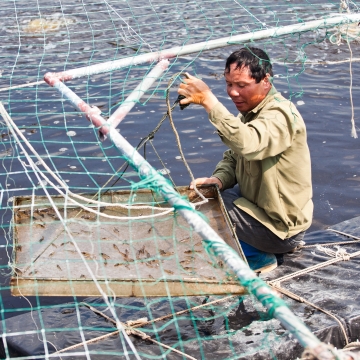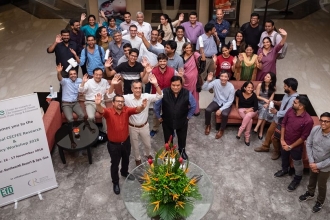This study determined the challenges of youths involved in fish farming in the Federal Capital Territory, Abuja, Nigeria. Multi-stage sampling procedure was used to select and interview a total of 54 youth fish farmers’from18 villages in three area councils of the FCT, Abuja. Results of the analysis were presented using percentage, frequency counts, and mean scores. Results reveal that majority (57.4%) of the respondents had fish farming as their major occupation. The majority (87%) of respondents adopted the monoculture system of fish production.






